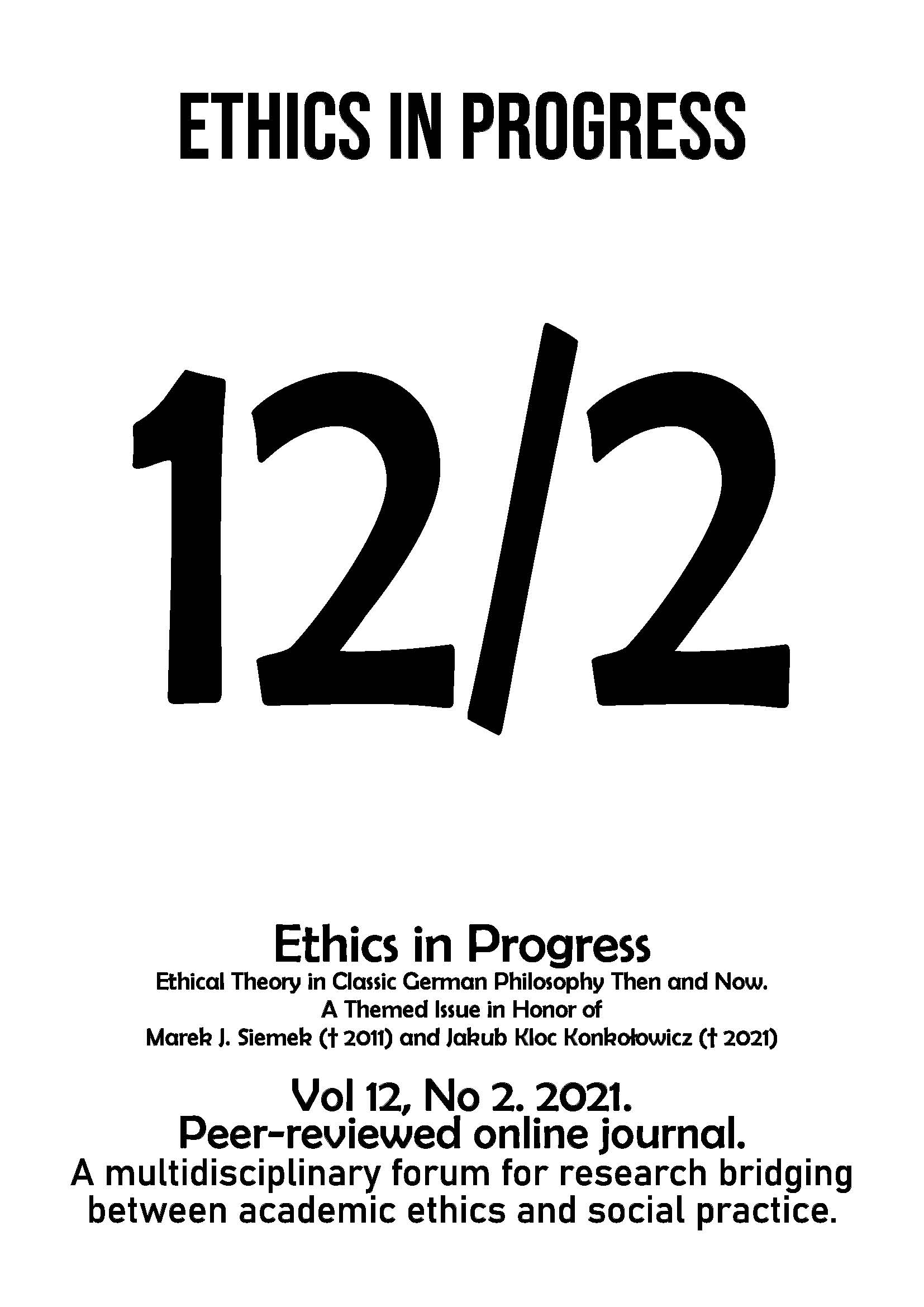Philosophy of the Deed. “Praxis” in Hegel and Posthegelian Discourses
Philosophy of the Deed. “Praxis” in Hegel and Posthegelian Discourses
Author(s): Andreas ArndtSubject(s): History of Philosophy, Philosophical Traditions
Published by: Uniwersytet Adama Mickiewicza
Keywords: Deed; theory vs. practice; consciousness; history; freedom; action; Hegel; Cieszkowski; Marx; Fichte
Summary/Abstract: In his Prolegomena to Historiosophy, published in 1838, August von Cieszkowski wrote that we are at the turning point in history, when facts turn into deeds. This raises the question of what is actually to be understood by the term “deed” [Tat] and why, the hour of the deed should have come precisely now. After focusing on Hegel’s concept of a history of freedom, I will present two models of understanding action and conclude by discussing their consequences. More specifically, I will undertake a search that will lead us – by way of a detour via Hegel’s Phenomenology of Spirit – to Fichte’s concept of the act of doing. That socio-political practice can be justified in this way, however, is denied by those who argue that society and politics in Hegel fall under the category of objective and not of absolute spirit. The alternative model of action that I will focus on, concerns action in relation to objects, or labour, a model that Hegel had already worked out in Jena, and that Marx will re-discover (rather than invent) and further develop.
Journal: Ethics in Progress
- Issue Year: 12/2021
- Issue No: 2
- Page Range: 112-123
- Page Count: 12
- Language: English

